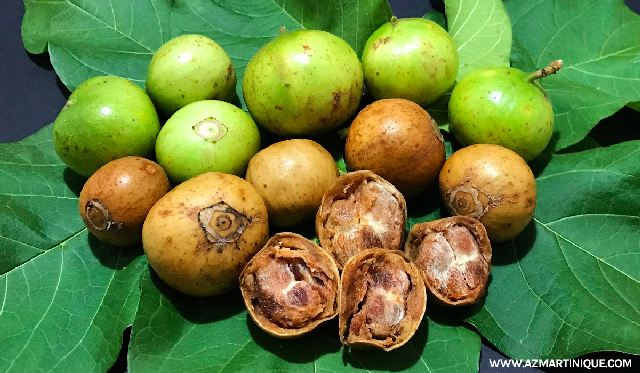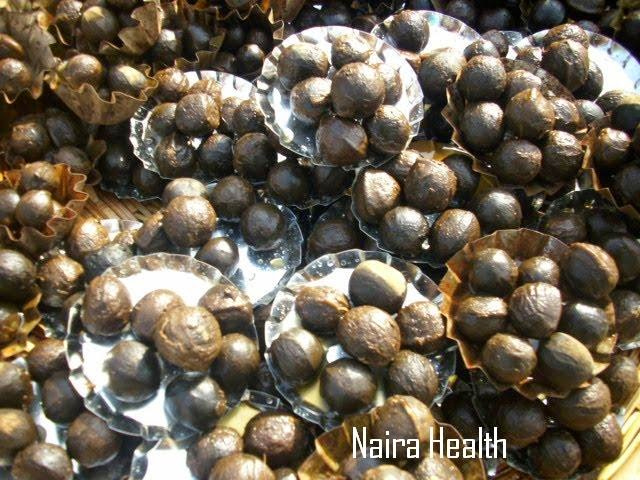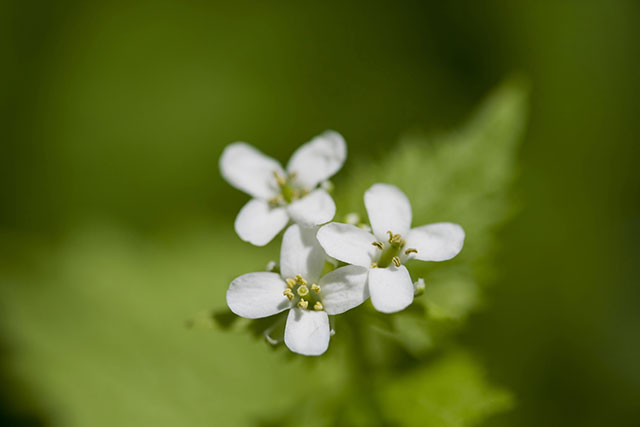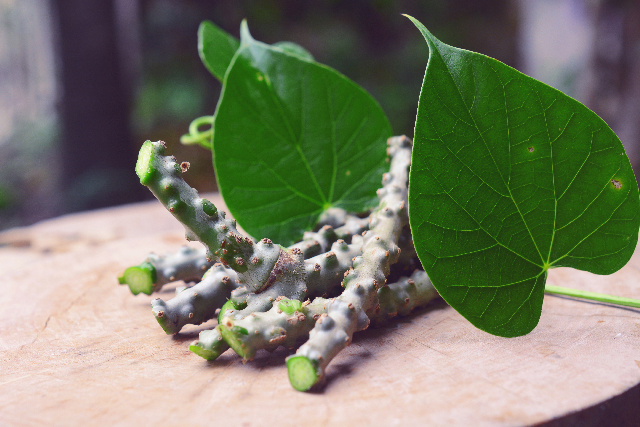New guidelines from the NHS: Take honey for a cough instead of visiting your GP
11/02/2018 / By Michelle Simmons

It has long been known that an all-natural high-quality honey is a great remedy for coughs. Finally, the National Health Service (NHS) in the U.K. acknowledged the effectiveness of honey and other herbal remedies in treating health problems. In August, the National Health Service (NHS) in the U.K. released a guideline that urges people with a bad cough to buy a jar of honey instead of visiting their doctor.
The National Institute for Health and Care Excellence (NICE) and Public Health England (PHE) announced that honey and other herbal remedies should be a patient’s first in -ine treatment for a cough and not antibiotics. This is because the NHS found that most patients with an acute cough get well within three weeks without any drug medications. (Related: Honey Better Than Cough Medicine For Soothing Kids’ Cough Symptoms.)
“If someone has a runny nose, sore throat and cough, we would expect a cough to settle over two to three weeks and antibiotics are not needed,” said Tessa Lewis, doctor and chairwoman of the NICE.
This advice was based on research showing that honey dramatically reduced the frequency and severity of coughs compared to placebo treatments. In addition, it provided some evidence that medicines containing pelargonium, an herbal remedy often referred to as Kaloba, could help relieve cough symptoms.
“This guideline gives health professionals and patients the information they need to make good choices about the use of antibiotics. We encourage their use only when a person is at risk of further complications,” said Mark Baker, professor and director of the center for guidelines at NICE.
This guideline is also the body’s way of addressing the huge problem with antibiotic resistance and reducing antibiotic use. Earlier research published by PHE has revealed that one in five doctor’s prescriptions for antibiotics may be inappropriate. Overuse of antibiotics threatens their long-term effectiveness and taking them when not really needed puts you and your family at risk of antibiotic-resistant infections.
Today, antibiotic resistance is one of the greatest threats to global health, food security, and development. More and more infections, such as pneumonia, tuberculosis, gonorrhea, and salmonellosis, are becoming more difficult to treat as the antibiotics used to treat them become less effective.
Baker emphasized that natural alternatives are more effective than antibiotics in treating cough and its symptoms.
Other natural remedies for a cough
In addition to honey, there are other remedies proven to be effective in treating a cough. These include the following:
- Fluids: Research has shown that drinking liquids at room temperature can relieve a cough, runny nose, and sneezing. Consuming warm beverages, such as clear broths, herbal tea, decaffeinated black tea, warm water, and warm fruit juices, is more beneficial for people with a sore throat, chills, and fatigue.
- Ginger: Ginger, a widely used ingredient in cooking, contains anti-inflammatory properties that can relieve a dry or an asthmatic cough. It may also be used to ease nausea and pain.
- Marshmallow root: This herb has long been used as a cough and sore throat treatment. It can relieve irritation caused by coughing because of its high mucilage content, which is a thick, gluey substance that coats the throat.
- Salt-water solution: Making a salt-water solution is one of the easiest and most effective ways to treat a sore throat and wet cough. Mix half a teaspoon of salt into a cup of warm water, then gargle with it. This simple remedy can reduce phlegm and mucus in the back of the throat which can lessen the need to cough.
- Steam: People with a wet cough will benefit from steam. Take a hot shower or let the bathroom be filled with steam then stay in it for a few minutes will help relieve wet cough symptoms.
There are many more natural treatments for the different kinds of coughs. See your natural health care professional.
Sources include:
Tagged Under: alternative medicine, antibiotic resistance, Antibiotics, Cough, herbal medicine, Herbs, honey, natural cures, natural healing, natural medicine, natural remedies, NHS, remedies



















